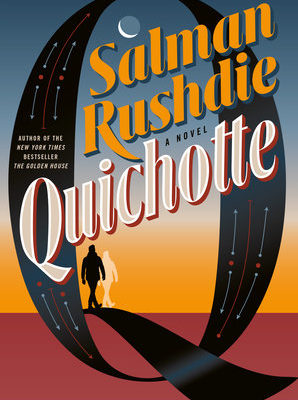Lit Hub Daily: September 4, 2019
THE BEST OF THE LITERARY INTERNET
Does My Dog Remember Not to Forget Me When I’m Gone?
Hanif Abdurraqib on Book Tours, Vacations, and the
Joy of Coming Home
From Gutting Fish to Making Pastry, 12 of the Fall’s Biggest Cookbooks
Sure, Food is Great, but Have You Tried Reading?
The Many Literary Landscapes of Tokyo
From the City of Samurai to the Gardens of Nobility
The Monster That Drew Crowds to a Small Midwestern Town
Let Us Now Hear the Tale of the Hodag
Struggling to Write Outside a Colonial Framework
Meredith Talusan on the Complexity of Telling
Filipino Immigrant Stories
Reading With the Stars of Old Hollywood
From Harry Belafonte to Judy Garland, Books on the Big Screen
Building a Symbolic Wall of Oppression in the Middle of London
Justin Butcher Finds Communities of Hope in Occupied Palestine
Reading Women Discuss Indigenous Women Writers from Around the World
Kendra Winchester and Jaclyn Masters on Joy Harjo, Louise Erdrich, and More
On Reckoning with a Mother’s Relentless Need to Save Everything
"The tyranny of things. Do we possess them? Do they possess us?"
‘A Poem for Doom’
A Poem by Matthew Zapruder
From Father's Day
R.O. Kwon on Leaving Her Faith Behind
In Conversation with Brad Listi on Otherppl
Quichotte
Salman Rushdie
David Grossman on the Possibility of Dialogue in Israel
The Israeli Author on Beyond the Page: The Best of the Sun Valley
Writers' Conference
Page 1358 of 1878





